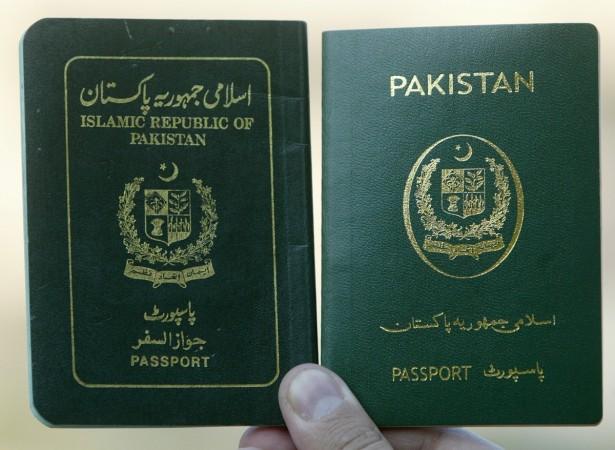
Pakistan will be issuing e-passports (biometric passports) from 2017 to achieve two purposes. It will check the menace of forgery and misuse of travel documents, in addition to restricting human trafficking, the Express Tribune reports.
Chaudhry Nisar Ali Khan, Pakistan's interior minister, gave his approval to the project while chairing a high-level meeting at the ministry office in Islamabad on Friday, according to the publication. "We will ensure the elimination of human trafficking from the Pakistani soil with the introduction of e-passports," the newspaper quoted the minister as saying.
Each e-passport will have an embedded microchip containing all biometric information of an individual to authenticate the traveller's identity, in addition to a provision to incorporate additional information about the traveller for which the authority will vest with the Pakistani immigration and passport authorities, the newspaper added.
The Office of Directorate General of Immigration & Passports (Dte. Gen. I&P), a wing of the ministry, issues passports to its citizens, in addition to being responsible for related aspects like Pakistani citizenship and renunciation of Pakistan Citizenship Certificates. There are three types of Pakistani passports — ordinary, diplomatic and official.
In November last year, the newspaper had reported that about 10,000 Pakistanis had obtained multiple passports by furnishing "fake documents".
"Among the multiple passports holders are diplomats, businessmen, senior civil servants, lawmakers and foreigners," the Express Tribune had quoted an interior ministry official as saying.
In 2005, Pakistan restored the religion column in passport, reportedly at the instance of an Islamic party, the MMA, which accused the government of "secularism and compromising the country's Islamic foundation by giving in to foreign pressure".
The European Commission voiced concern to the move and said it was apparently aimed at the Pakistani Ahmedias. "There are reasons to believe that the restoration of the religious column is directed against the Ahmadi community. The Ahmadis were declared 'unbelievers' by the National Assembly in 1970 for not accepting Muhammed as the last Prophet," it said in a reply to the European Parliament on Sep. 21, 2005.

















